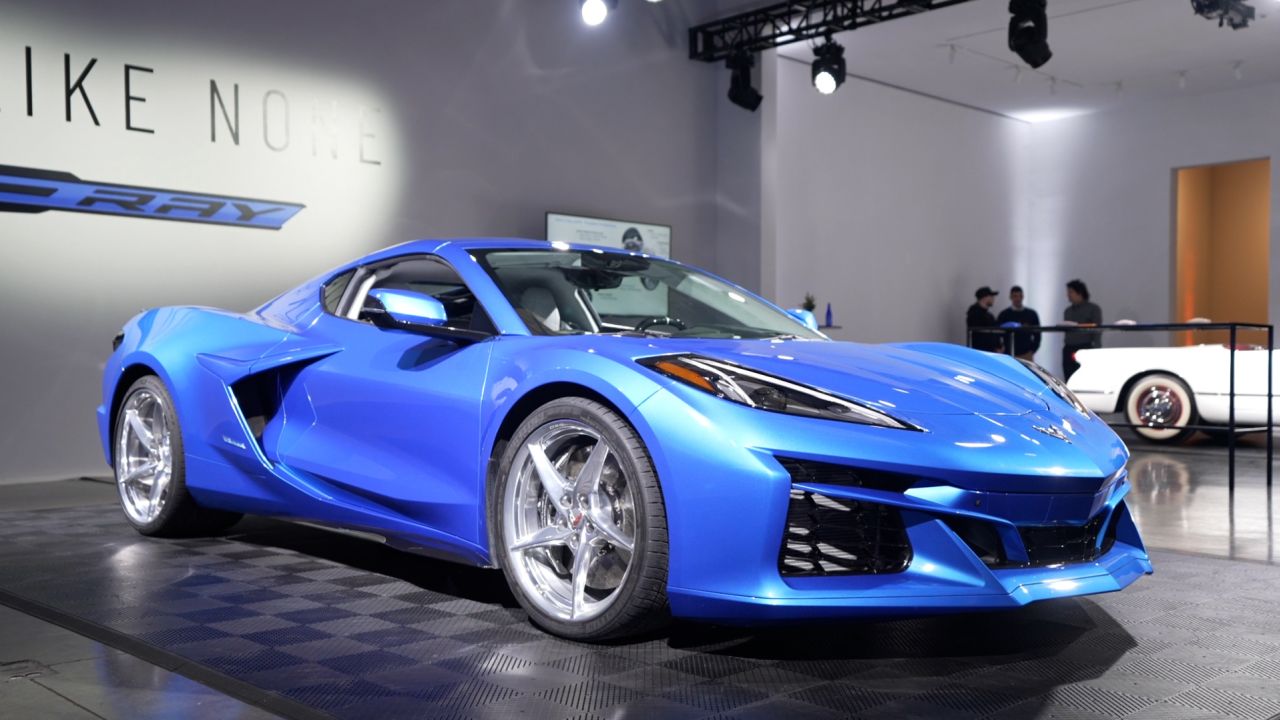
Top Ten Things – Hybrid Cars are redefining the way people think about driving. As automakers push toward cleaner transportation, hybrids offer a balance between performance and environmental responsibility. These vehicles combine gasoline engines with electric motors, allowing drivers to enjoy fuel savings without sacrificing comfort or power. Families and commuters increasingly choose hybrid cars because they reduce fuel costs and emissions while maintaining practicality. Moreover, technology enhancements continue to improve battery life and overall efficiency. With various models available, buyers can find vehicles suited for urban commuting, long trips, or family needs. Overall, hybrid cars demonstrate that sustainability and convenience can coexist in modern driving.
“Read More: Vegetarian and Vegan Food Tours Around the Globe”
Several hybrid cars stand out in today’s market. For example, the Toyota Prius, Honda Insight, and Hyundai Ioniq continue to attract buyers who value efficiency and reliability. These vehicles integrate advanced powertrain technologies and regenerative braking systems. Additionally, automakers design hybrids to meet diverse consumer needs, from compact city models to larger family sedans. Consumers benefit not only from fuel savings but also from innovative features that make daily driving easier. As interest in eco-friendly transportation grows, hybrid cars remain at the forefront of automotive innovation. Drivers can enjoy modern amenities while contributing to environmental sustainability.
Hybrid cars provide a remarkable balance between power and fuel efficiency. Electric motors assist the gasoline engine during acceleration, resulting in smoother and faster responses. At the same time, hybrids use energy recovery systems to maximize mileage. Drivers notice that city commuting becomes easier with reduced fuel stops. Additionally, engineers optimize engines and battery systems to ensure that vehicles perform well under various driving conditions. This combination appeals to drivers who want environmentally responsible cars without compromising on performance. Therefore, hybrids continue to gain popularity among enthusiasts who appreciate both innovation and practicality.
“Read About: Top 10 Everyday Lifestyle Habits That Secretly Damage Your Health”
One of the main advantages of hybrid cars lies in their environmental impact. By relying partially on electric power, they produce fewer emissions than traditional vehicles. Cities experience cleaner air, and families enjoy driving without excessive fuel costs. Furthermore, hybrid technology helps reduce dependence on fossil fuels while promoting sustainable energy use. Incentives and government programs encourage adoption, making hybrids more accessible. Drivers can feel confident that their choice supports ecological goals while providing daily convenience. Consequently, hybrid cars demonstrate that environmental responsibility can be integrated seamlessly into modern transportation.
Technological advancements play a central role in the evolution of hybrid cars. Engineers focus on efficient battery management, lightweight materials, and regenerative braking systems. These features allow hybrids to achieve maximum fuel economy while maintaining safety standards. Moreover, connectivity tools help drivers monitor energy usage and optimize driving habits. Automakers also explore plug-in hybrid solutions to extend electric-only range. Continuous innovation ensures that hybrid vehicles remain relevant and competitive. As technology improves, drivers can expect even better efficiency, performance, and sustainability in upcoming models.
Hybrid cars attract a wide range of buyers, from families to urban commuters. People choose hybrids for reduced fuel expenses, quieter driving experiences, and modern features. Additionally, surveys indicate that eco-conscious buyers appreciate lower emissions and tax incentives. Growing awareness about climate change also motivates consumers to adopt more sustainable transportation solutions. With more models available at competitive prices, hybrid cars no longer appeal to niche markets alone. Families, professionals, and students all recognize the benefits of hybrids. The combination of affordability, performance, and eco-friendliness drives consistent adoption worldwide.
Hybrid SUVs have become increasingly popular as families seek efficiency without sacrificing space. Vehicles such as hybrid crossovers provide ample room for passengers and cargo while maintaining strong fuel economy. Safety systems, advanced entertainment, and connectivity features further enhance their appeal. Families enjoy long trips without frequent refueling stops, thanks to electric motor assistance. Automakers continue to refine hybrid SUVs to provide performance, comfort, and sustainability. As a result, hybrids now cover a broad spectrum of consumer needs, proving that efficiency can coexist with versatility and convenience.
Many buyers consider the financial benefits of hybrid vehicles. Reduced fuel consumption and lower maintenance expenses improve long-term affordability. Governments in various countries also provide incentives, tax credits, or rebates for hybrid owners. Manufacturers aim to keep vehicles competitively priced to attract a wider audience. These factors make hybrid cars not only environmentally responsible but also economically practical. Consequently, hybrids appeal to budget-conscious consumers who want both performance and sustainability. Overall, cost-effectiveness reinforces the value of choosing hybrid vehicles over conventional cars.
Hybrid vehicles offer convenience by combining electric and gasoline options. Regular hybrids rely on gasoline for extended range while benefiting from electric assistance in city driving. Plug-in models allow home or public charging, enabling longer electric-only trips. This flexibility attracts drivers who seek both sustainability and practicality. Moreover, hybrids reduce reliance on gasoline stations and make daily commuting more predictable. As charging infrastructure improves globally, hybrid cars will continue to provide an efficient alternative to fully gasoline-powered vehicles. Drivers experience the convenience of modern technology without compromising mobility.
Hybrid Cars are set to play a pivotal role in shaping the automotive future. Automakers are exploring advanced battery technologies, lighter materials, and more efficient powertrains. Increasing collaboration with renewable energy companies may further enhance eco-friendly driving. Consumers will likely have a wider variety of hybrid models suited for urban, family, and long-distance travel. These vehicles bridge the gap between traditional combustion engines and fully electric cars, offering a practical and environmentally responsible solution. As technology advances, hybrid cars will continue to redefine efficiency, sustainability, and driving enjoyment worldwide.